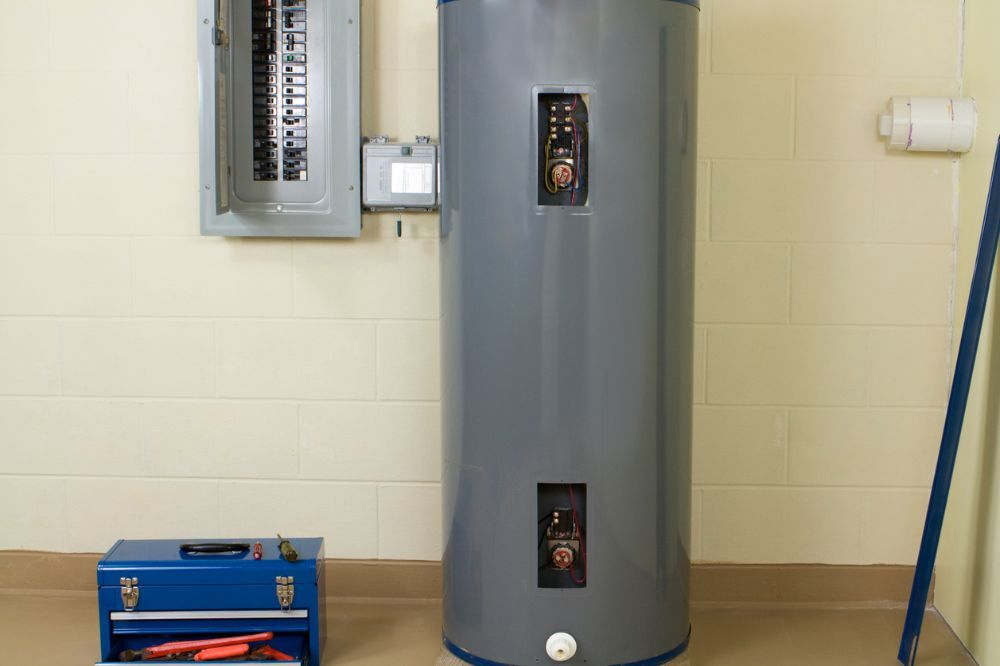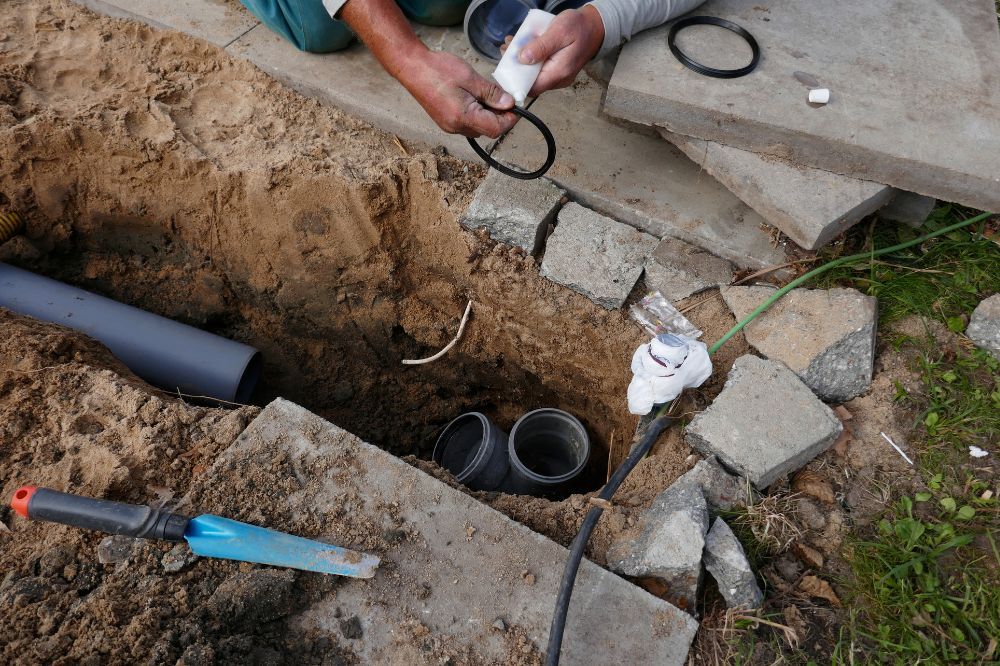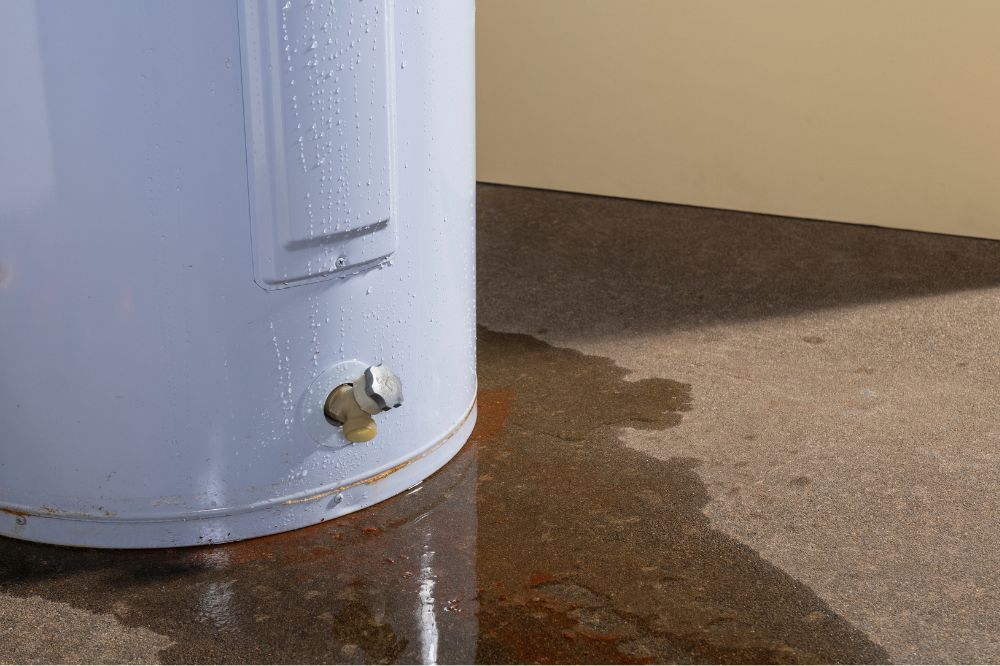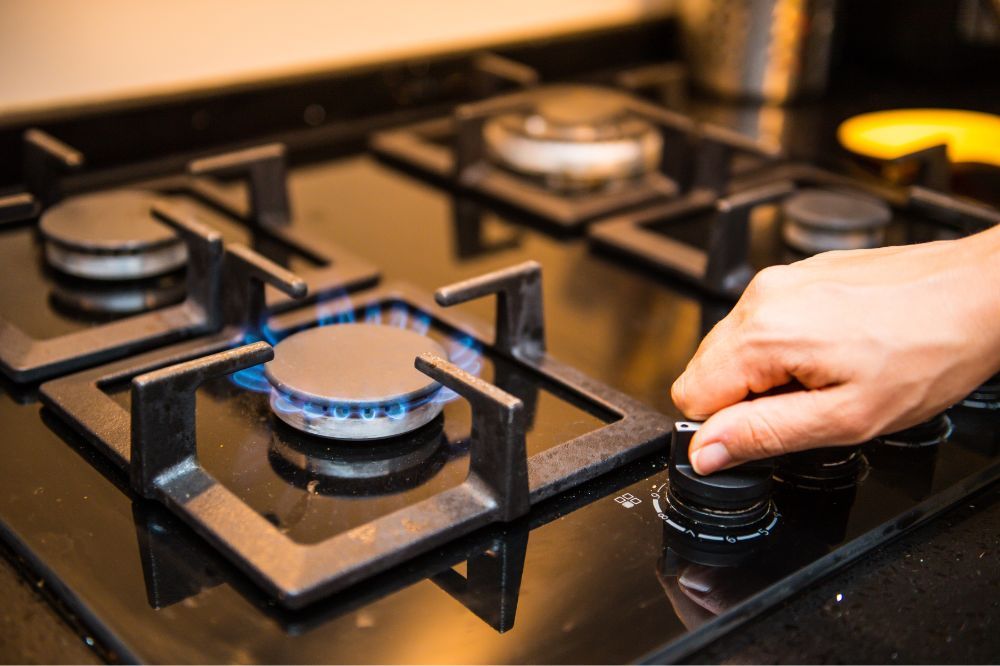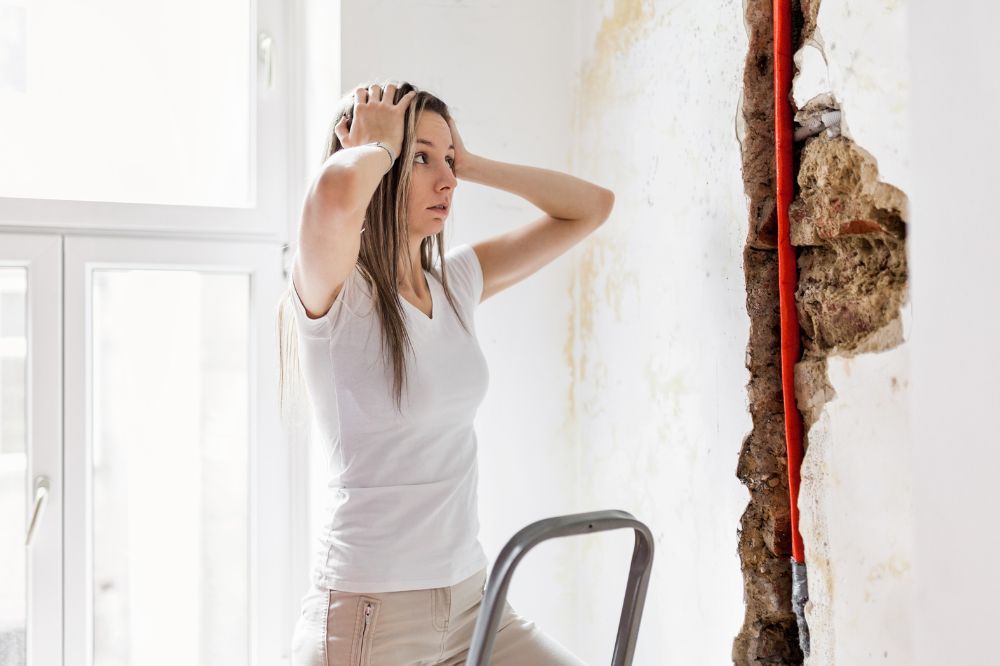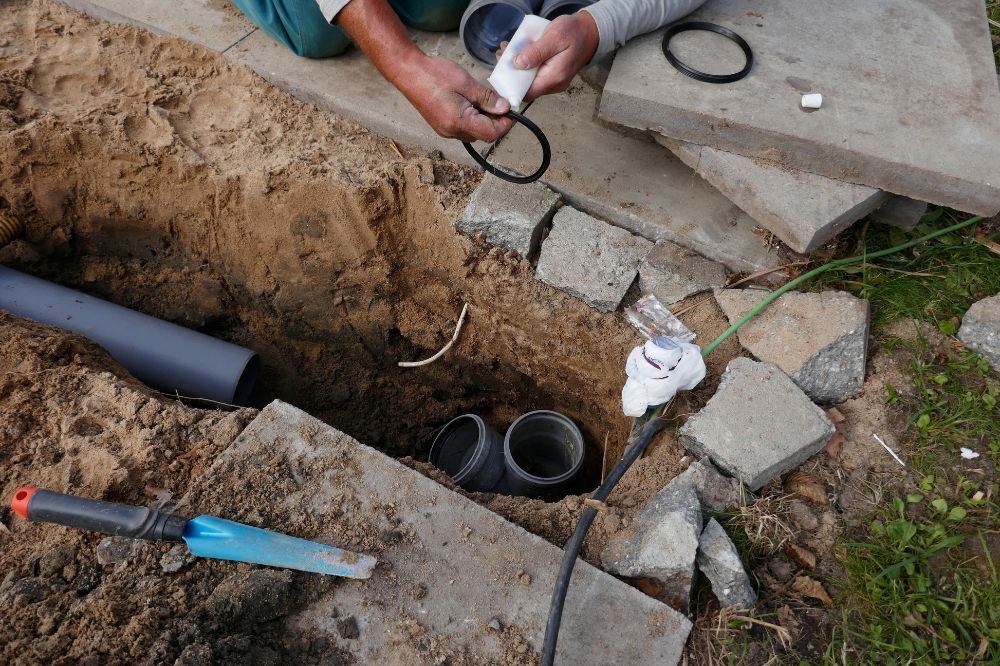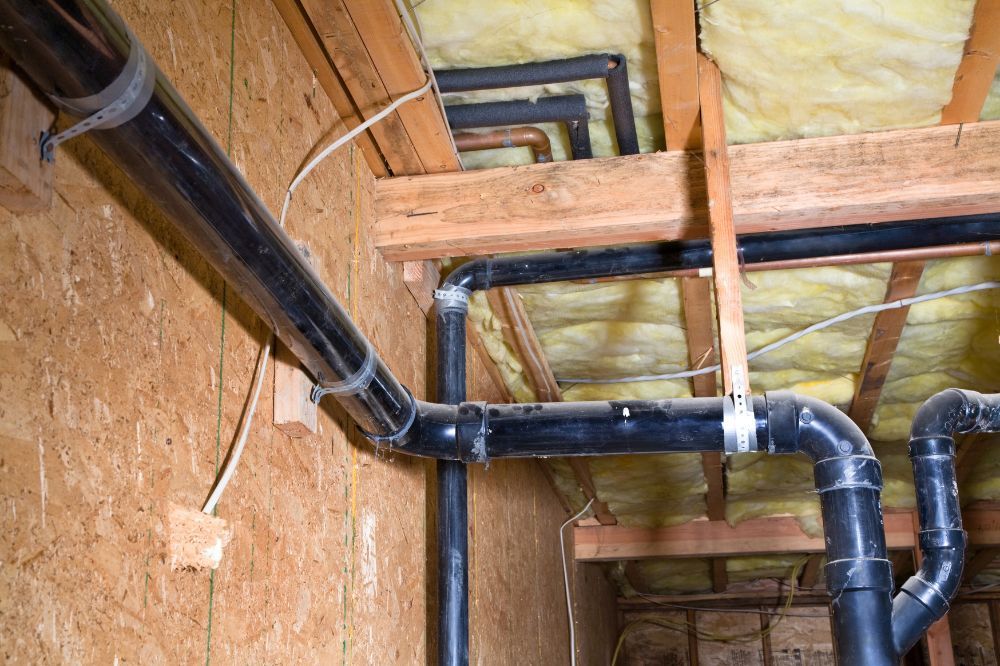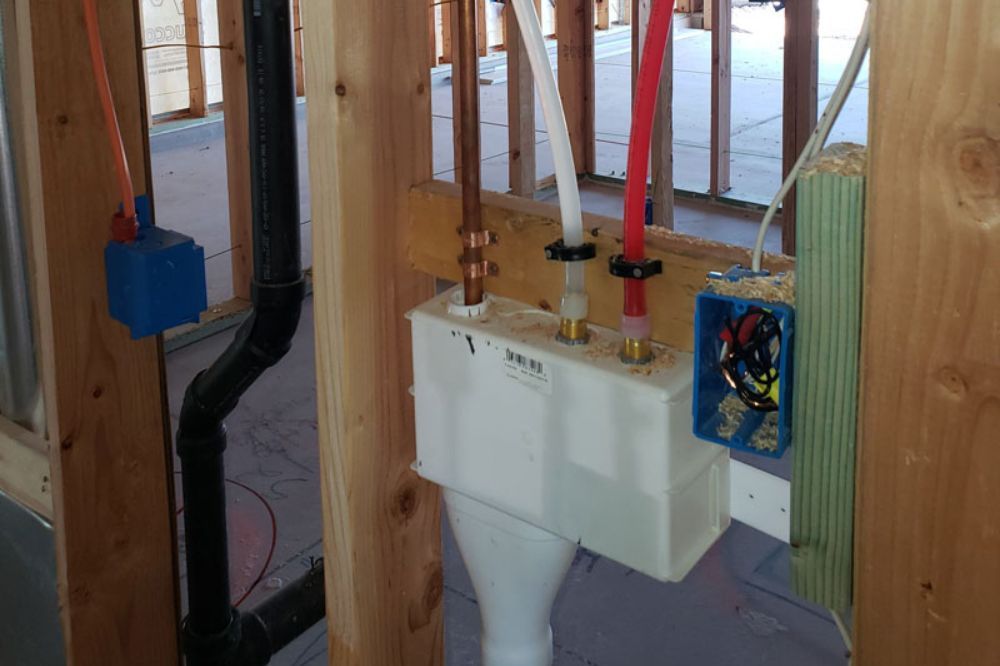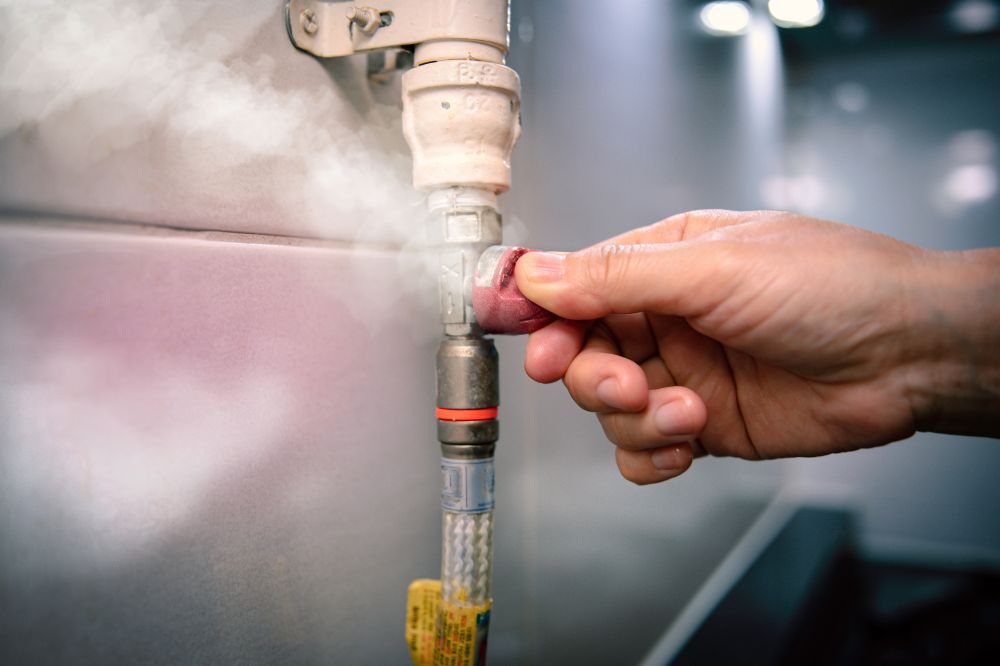When to Repair vs. Replace Your Water Heater: A Professional’s Advice
TL;DR: Your water heater is essential for daily tasks like washing dishes, doing laundry, and showering. Over time, it may develop issues such as leaks, inconsistent heating, or strange noises. Deciding whether to repair or replace your water heater depends on factors like its age, the extent of the problems, and cost efficiency. If your water heater is under 8-10 years old and the issues are minor, repairs might be more economical. However, if it’s over 10-15 years old, frequently breaks down, or repair costs are high, replacing it is likely more cost-effective. Regular professional assessments and maintenance can extend the lifespan of your water heater. For expert advice and service in Arizona, contact Arizona Integrity Plumbing.
A water heater is a fundamental appliance in any household, providing hot water for washing dishes, doing laundry, showering in the morning, and other necessities. However, like all appliances you use daily, the water heater can start acting up. With time and frequent use, these devices can start leaking, inconsistently heat the water, or make strange noises.
When these problems occur, homeowners must decide whether to call in a professional to do repairs or buy a new unit entirely. This article will discuss the dilemma of when to repair vs. replace your water heater. A professional’s advice is needed in this case, and that’s what we’ll offer.
The division depends on many factors, from the heater’s age to the extent of the issues and, of course, the cost efficiency. Let’s examine the considerations influencing your decision to fix your existing water heater or replace it with a newer model.
Signs Your Water Heater Needs Attention
Paying attention to your water heater before it malfunctions can save you from many problems. If you keep an eye out, your water heater will give you signs that it needs attention. By noticing these signs early, you can avoid more severe problems. Some indicators to pay attention to are:
- Unusual noises (popping, banging): Your water heater should not be making any strange noises.. These noises typically mean the tank is filled with sediment. When the heater runs, the sediment can cause the water to boil, making popping or banging sounds.
- Fluctuating water temperature: If the water fluctuates from hot to cold without warning, the heating element might be malfunctioning. This inconsistency can disrupt your daily routine and may indicate that the water heater needs repair or replacement.
- Discolored or rusty water: If your tap water is discolored or rusty, your water heater tank could be corroding. This sign suggests that the tank is deteriorating and might soon start leaking, necessitating immediate attention.
- Leaking water: Puddles of water next to your water heater’s base strongly indicate it’s damaged. Leaks can stem from issues like tank cracks or loose pressure relief valves.
- Increased utility bill: A sudden increase in your utility bill can also signal a problem with your water heater. In Arizona, the average electricity bill is $131, while the average gas bill is $116. If you notice a spike in these bills, depending on whether your water heater uses electricity or gas, it might mean the unit is working harder than it should. It could be due to sediment buildup, a failing heating element, or other inefficiencies.
When to Repair Your Water Heater
If your water heater is less than 8-10 years old, you should consider repairs over a replacement unless the damage is too extensive. Newer models often have simpler issues that are easier to fix, so a full replacement may not be necessary.
Also, if the problems you’re experiencing are minor and isolated, such as a broken thermostat or a faulty heating element, you can get your heater running with nothing more than a quick fix. Look for signs like inconsistent water temperature or strange noises. These are usually indicators of smaller issues you can address without much hassle.
Repairs are a viable option if there are no signs of severe wear or damage, like rusting tanks or significant leaks. Minor wear and tear are normal, and a professional can fix these problems without replacing the entire unit.
Consider the costs associated with the repair. If the repair costs are less than 50% of what you would spend on a new unit, then repairing is often more economical, especially if the heater’s warranty is still valid. Many manufacturers offer parts and labor coverage within the first few years, making repairs even more affordable.
Benefits of Repairs
Repairs usually cost less than a complete replacement. If the issue is minor, you could save a significant amount on labor and materials. They also provide a quick resolution. Unlike a replacement, which could take days to install and calibrate, repairs are often done within a few hours. Additionally, repairing your unit extends its life. Regular maintenance and repairs can add years to your water heater’s lifespan, giving you the maximum value from your investment.
When to Replace Your Water Heater
If you’ve used your water heater for 10 to 15 years, it’s probably time to consider replacing it. A water heater’s lifespan depends on maintenance and usage, but this age range is a good benchmark. Frequent repairs also indicate that it might be time for a new unit. When major components start failing, it’s a clear signal that the unit is nearing the end of its useful life.
You should consider the cost of repairs instead of buying a new water heating unit. If repairing the unit costs more than 50% of what you would spend on a new one, replacing it might be more economical. Visible signs of severe wear, rust, and corrosion are also red flags.
Benefits of Replacing
Modern units use less energy to heat water, which can help you save a significant amount of money on your utility bills. Their improved efficiency and performance also mean you get hot water faster and more reliably.
Modern water heaters have advanced features, such as digital displays and customizable settings, which add convenience and ease of use. New units are also more reliable, reducing the likelihood of unexpected breakdowns and giving you peace of mind.
Professional Advice and Recommendations
Schedule a professional assessment at least once a year to maintain your water heater efficiently. A qualified technician inspects various components to determine the overall condition. They check the anode rod, which prevents tank corrosion, and the heating elements for any signs of wear. If these components show significant deterioration, the technician might recommend repairs or replacement to avoid further issues.
During the inspection, the professional will also examine the thermostat settings and the temperature-pressure relief valve to ensure they function correctly. They’ll flush the tank to clear out sediment build-up, affecting heating efficiency and potentially causing damage. If your water heater is over 10-15 years old, the technician might suggest a replacement, as older units are less efficient and more prone to problems.
Expert Advice for Your Water Heater in Arizona
When debating whether to repair or replace your water heater, it’s important to make an informed decision. Factors such as the age of your water heater, the frequency of repairs, and the cost of replacement parts should influence your choice. A consultation with an experienced technician will help you better understand the pros and cons of your specific situation.
For expert advice and reliable service on when to repair vs. replace your water heater, choose Arizona Integrity Plumbing. Our team provides thorough assessments and personalized recommendations to meet your water heating needs efficiently. Whether you need a repair, a replacement, or a consultation, we offer quality service with minimal disruption to your daily routine. Make the right choice, and call us today!

